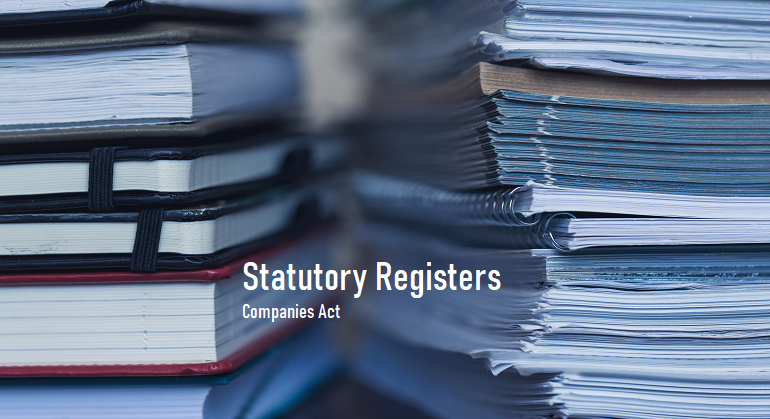Should you file income tax return if your income is not taxable
Every individual, who is an Indian citizen and whose gross total income exceeds the taxable limit in a financial year, is required to file Income Tax Return (ITR) for that year. Similarly, those, whose gross total income does not exceed the taxable limit in a financial year, are usually not required to file their return of income.
However, this may not be true in all the cases and some individual may be required to file ITR even if their gross total income is below the taxable limit.
An individual may be required to file the income-tax return even if gross total income does not exceed the taxable limit in certain cases as under:
- Individual who has deposited a sum of more than Rs 1 crore in a financial year in any current account held with a bank or a co-operative bank.
- Individual who has made an expenditure on foreign travel of more than Rs 2 lakh in a financial year.
- Individual who has incurred electricity expenses of Rs 1 lakh or more in a financial year.
- Individual who qualifies as “resident and ordinarily resident” in India during a financial year is required to file a tax return even if the gross total income is below the basic exemption limit in case he is:
# holding any asset (including financial interest in any entity) located outside India; or
# having signing authority in any account located outside India; or
# beneficiary of any asset (including financial interest in any entity) located outside India.
- Individual having gross total income exceeds the exemption limit before claiming tax exemption on capital gains under section 54, 54B, 54D, 54EC, 54F, 54G, 54GA or 54GB.
- Individuals claiming relief under the DTAA provisions, claiming refund of excess taxes, having carry forward losses need to file tax returns to establish their claims and obtain relief. An individual can also choose to file a tax return even if not mandated to ensure continuity in his tax records which will help provide necessary documentation for obtaining loan, visa etc.
Income criteria for filing income tax return
As per the Income Tax laws, an individual has to file Income Tax Return if the gross total income, exceeds the basic exemption limit before various deductions available for various investments and expenses under chapter VIA, which comprises mainly Sections 80C, 80CCD, 80D, 80TTA, 80 TTB etc. These deductions relate to payments to life insurance premium and health insurance premium, contribution towards EPF, PPF and NPS accounts, interest from banks, tuition fee for children, repayment of home loan etc.
|
Age of Individual |
Basic Exemption Limit under old regime |
Basic exemption limit under new regime (Applicable from AY 2021-22) |
|
Below 60 years |
2,50,000/- |
2,50,000/- |
|
Between 60-80 years |
3,00,000/- |
2,50,000/- |
|
Above 80 years |
5,00,000/- |
2,50,000/- |
In cases where gross total income may exceed the basic exemption limit, but due to various deductions, the taxable income may come down below 2.50 lakh and thus no liability to pay any tax, still makes individual liable for filing of income tax return.
Likewise in case taxable income is above 2.50 lakh but below 5 lakh and by virtue of rebate under section 87A, one may not have to pay any tax still individual will have to file income tax return.











